Your morning coffee routine might be costing you more than just five dollars. Public Wi-Fi networks have become hunting grounds for cybercriminals who’ve turned café hopping into a profitable business model. The convenience of staying connected anywhere comes with hidden risks that most people never consider until their banking app shows unauthorized transactions from halfway around the world.
Here’s a list of 13 Wi-Fi security mistakes that regularly empty people’s bank accounts, along with the techniques criminals use to exploit these vulnerabilities.
Auto-Connecting to Evil Twin Networks

Most smartphones automatically connect to familiar network names, creating opportunities for criminals who set up fake hotspots with names like ‘Starbucks_Free’ or ‘Airport_Wi-Fi.’ These evil twin networks appear legitimate but funnel all your traffic through criminal-controlled servers. Your device can’t tell the difference between real café Wi-Fi and a criminal’s laptop broadcasting the same network name.
Once connected, everything you do online—including banking passwords and credit card numbers—passes through their system, where it’s recorded and sold. Criminals often position themselves in crowded areas like airports or shopping centers where people expect free Wi-Fi and won’t question another network option.
Banking on Unsecured Public Networks
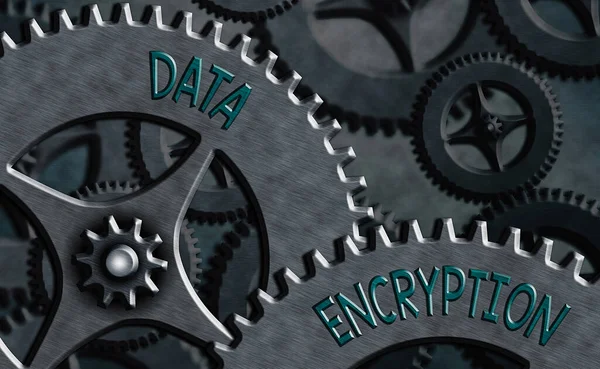
Using banking apps or websites while connected to open Wi-Fi networks essentially broadcasts your financial information to anyone with basic hacking tools. Public networks transmit data without encryption, meaning your account numbers, passwords, and transaction details travel through the air in plain text that criminals can intercept with software available for free online.
Even legitimate business Wi-Fi networks often lack proper security configurations, leaving customer data vulnerable to anyone within range. Criminals frequently set up shop in hotel lobbies, coffee shops, and airports specifically to harvest this financial information from unsuspecting travelers and commuters.
Like Travel Pug’s content? Follow us on MSN.
Ignoring HTTPS Warnings and Mixed Content
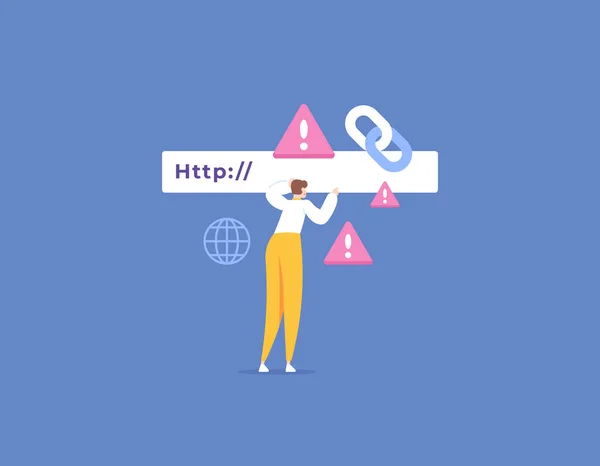
Many people dismiss browser warnings about unsecured connections or mixed content, not realizing these alerts often indicate active attacks in progress. Criminals use Wi-Fi networks to inject malicious code into websites or redirect secure banking sites to fake versions that steal login credentials.
When your browser warns that a site is not secure or shows mixed content warnings, it’s detecting attempts to intercept or modify your connection. These attacks, called man-in-the-middle attacks, are particularly effective on public Wi-Fi, where criminals can position themselves between you and legitimate websites.
Leaving File Sharing and AirDrop Enabled
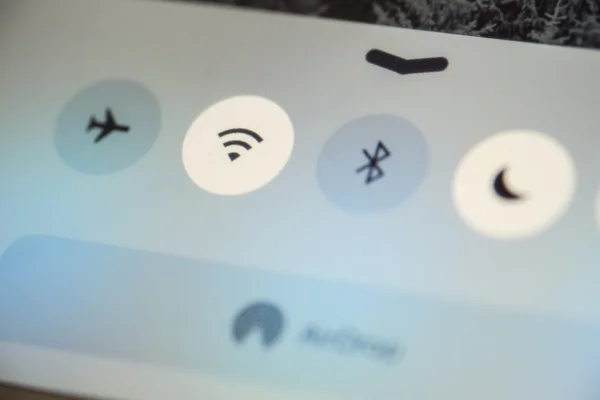
Open file-sharing settings turn your device into a billboard advertising valuable data to nearby criminals. Wi-Fi networks allow devices to communicate with each other, and criminals scan for phones and laptops, broadcasting available files or accepting AirDrop requests.
They can access shared folders containing photos, documents, and files that reveal personal information useful for identity theft or account takeovers. Even seemingly innocent shared photos often contain metadata showing your location, daily routines, and other details that help criminals answer security questions or impersonate you to customer service representatives.
Using the Same Password Across Multiple Accounts

Password reuse becomes catastrophically expensive when criminals intercept your credentials on public Wi-Fi networks. They immediately test stolen passwords against major banking sites, email providers, and shopping platforms since most people use identical passwords everywhere.
A single compromised password from checking email on airport Wi-Fi can grant access to bank accounts, credit cards, and investment portfolios within minutes. Criminals maintain automated systems that test millions of username-password combinations across hundreds of financial websites simultaneously, turning your morning email check into a complete financial compromise.
Like Travel Pug’s content? Follow us on MSN.
Connecting to Networks Without Password Protection
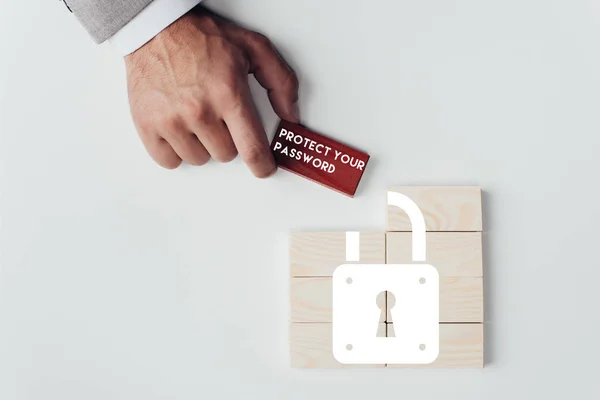
Open Wi-Fi networks offer no encryption, meaning every website you visit, every password you type, and every message you send travels through the air, completely visible to anyone with signal monitoring equipment. Criminals park outside businesses with open Wi-Fi and use antenna arrays to capture traffic from blocks away.
Your banking session at the corner café can be monitored by someone sitting in a car across the street, recording account numbers and passwords for later use. These attacks require minimal technical skill since free software can automatically capture and organize financial data from multiple victims simultaneously.
Trusting Hotel and Business Wi-Fi Without Verification

Hotels, restaurants, and businesses often run outdated Wi-Fi systems with poor security configurations that criminals exploit to access guest devices. Many hospitality Wi-Fi networks use shared passwords that haven’t been changed in years, allowing criminals who’ve stayed there previously to maintain access indefinitely.
Hotel staff rarely monitor these networks for suspicious activity, and criminals often compromise them months in advance, quietly harvesting guest data during peak travel seasons. Business Wi-Fi systems frequently use default administrator passwords that criminals can guess, giving them complete control over network traffic and connected devices.
Downloading Apps and Updates Over Public Wi-Fi
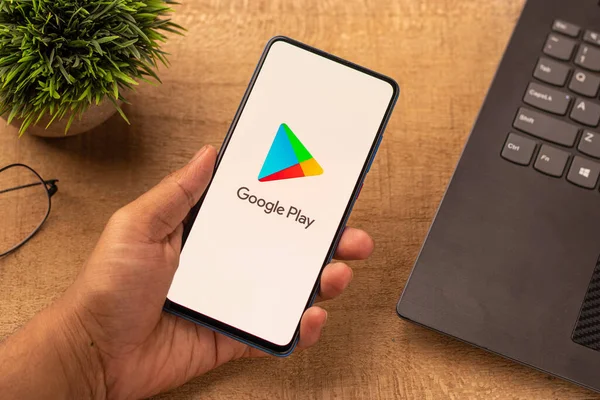
Criminals inject malicious code into app downloads and software updates transmitted over compromised Wi-Fi networks, replacing legitimate banking apps with fake versions that steal credentials. These Trojan apps look and function identically to real banking software but secretly transmit your login information to criminal servers before completing legitimate transactions.
The fake apps often work normally for weeks or months, hiding their malicious behavior until criminals have harvested enough account information to begin large-scale theft. Major app stores can’t detect these network-level attacks since the apps are modified after leaving official servers but before reaching your device.
Like Travel Pug’s content? Follow us on MSN.
Failing to Use VPN Services Properly
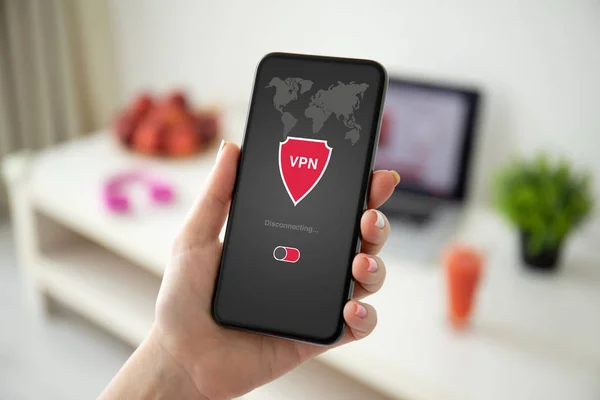
Many people buy VPN services for privacy but configure them incorrectly, creating false security that criminals exploit during Wi-Fi attacks. VPNs must be activated before connecting to public networks, not afterward, since initial connection handshakes often expose device information and browsing habits.
Free VPN services frequently lack proper encryption or maintain logs that criminals can access, essentially paying them to monitor your traffic. Some criminals operate fake VPN services specifically designed to harvest banking credentials from privacy-conscious users who believe they’re protected while conducting financial transactions.
Accepting All Certificate Warnings and Pop-ups

Browser certificate warnings indicate potential attacks, but most people click ‘continue anyway’ without understanding they’re authorizing criminals to intercept their banking sessions. These certificates act like digital IDs for websites, and warnings mean someone is presenting fake credentials for legitimate sites.
Criminals use compromised Wi-Fi networks to present fake certificates for banking websites, creating convincing replicas that capture login credentials and account information. The warning pop-ups are your browser’s attempt to protect you, but dismissing them grants criminals permission to monitor and record everything you do on financial websites.
Staying Logged Into Financial Apps and Websites
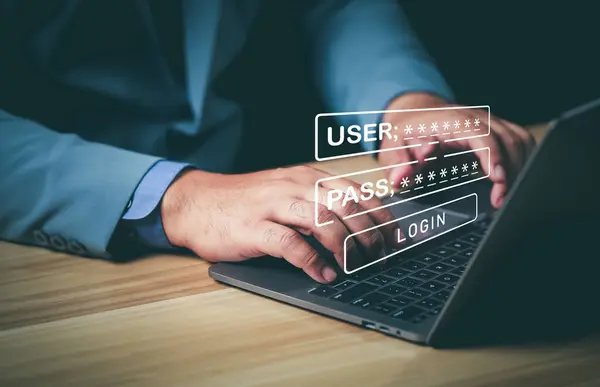
Remaining logged into banking apps and financial websites while connected to public Wi-Fi extends your vulnerability window far beyond individual transactions. Criminals monitor network traffic for authentication tokens and session cookies that grant access to active financial accounts without requiring passwords.
These tokens often remain valid for hours or days, allowing criminals to access your accounts long after you’ve left the compromised Wi-Fi network. Automatic login features and ‘remember me’ options create persistent security vulnerabilities that criminals exploit to maintain ongoing access to your financial information.
Like Travel Pug’s content? Follow us on MSN.
Using Public Wi-Fi for Cryptocurrency Transactions

Cryptocurrency transactions on public Wi-Fi networks are particularly attractive targets since they’re irreversible and difficult to trace once stolen. Criminals monitor Wi-Fi networks for cryptocurrency wallet addresses and private keys, which grant permanent access to digital assets.
Unlike traditional banks, cryptocurrency platforms can’t reverse fraudulent transactions or restore stolen funds, making these thefts completely permanent. The decentralized nature of cryptocurrency means there’s no customer service department to call when criminals drain your digital wallet using credentials harvested from public Wi-Fi networks.
Ignoring Two-Factor Authentication Setup
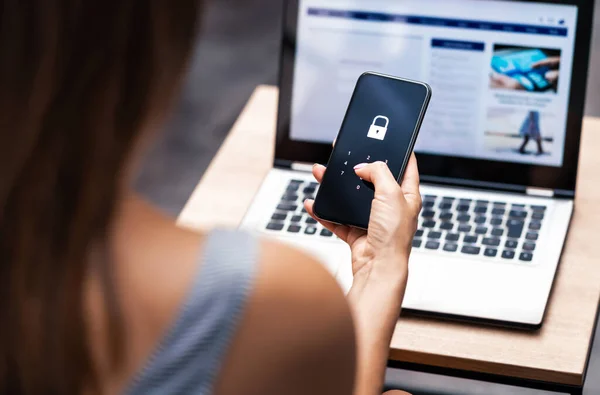
Banking and financial accounts without two-factor authentication become easy targets once criminals harvest passwords from public Wi-Fi networks. Two-factor authentication requires additional verification beyond passwords, typically through text messages or authenticator apps that criminals can’t easily intercept over Wi-Fi.
However, many people skip this setup process or turn it off for convenience, leaving accounts protected only by passwords that Wi-Fi attacks can easily compromise. Criminals prioritize accounts without two-factor authentication since they can access them immediately without additional verification steps.
The Price of Convenience
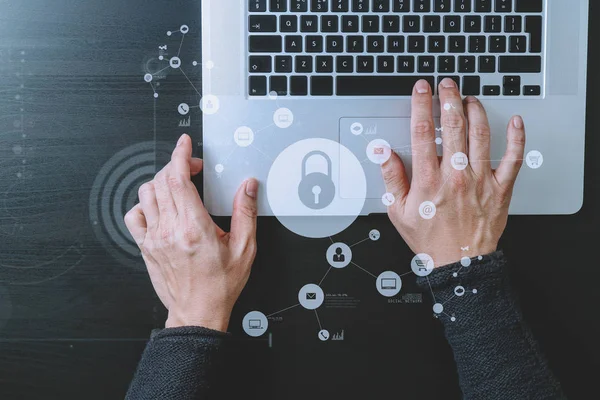
These Wi-Fi security mistakes cost Americans billions of dollars annually, yet most victims never realize their public network habits directly caused their financial losses. Banking while mobile has become a necessity rather than a luxury, but treating public Wi-Fi like your home network creates expensive vulnerabilities that criminals actively exploit.
The fifteen minutes you save using airport Wi-Fi for banking could cost months of financial recovery and thousands of dollars in fraudulent charges that banks don’t always reimburse.
Like Travel Pug’s content? Follow us on MSN.
More from Travel Pug

- 20 Best Beach Towns in the Carolinas
- 13 Destinations Where Tourists Regularly Regret Their Trip
- 20 Things You Actually Get in First Class
- 20 Small Airports With Aviation Museums
- 20 Places in the U.S. That Are Perfect for a Reset Trip
Like Travel Pug’s content? Follow us on MSN.
